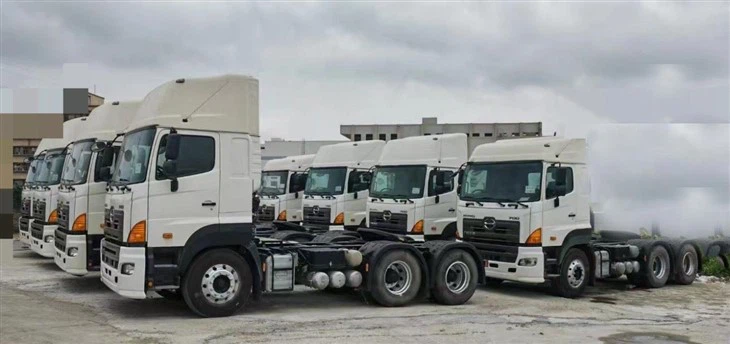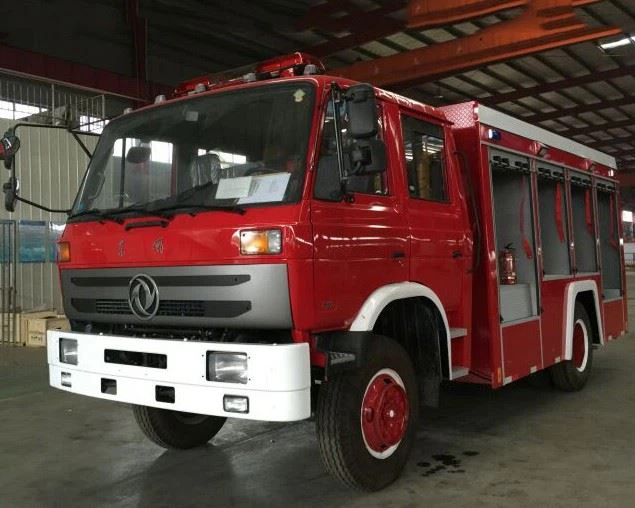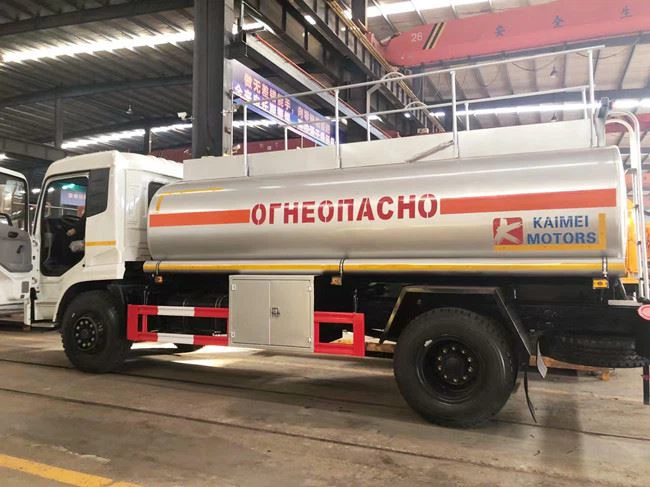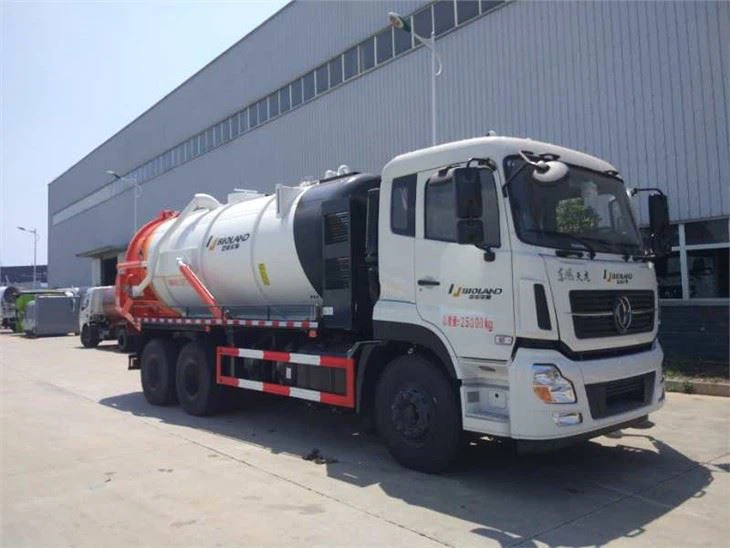Sanitation trucks play a critical role in waste management and cleanliness in urban and rural settings. They are an essential component of municipal services, ensuring that trash collection operates smoothly. If you are in the market for a used sanitation truck, understanding the types, specifications, maintenance, and options available can save you both time and money. This article dives deep into the world of used sanitation trucks, providing insights for buyers and operators alike.
Understanding Sanitation Trucks
What is a Sanitation Truck?
A sanitation truck is a specialized vehicle designed for collecting and transporting waste. They vary in size and capacity and are equipped with systems to compact waste to maximize load capacity. Commonly seen in urban areas, these trucks are vital for maintaining public health and hygiene.
Types of Sanitation Trucks
There are several types of sanitation trucks to cater to different waste management needs:
- Rear Loader Trucks: These trucks collect waste from the back and are commonly used for residential zones.
- Front Loader Trucks: Equipped with adjustable forks, these trucks lift bins from the front. They are ideal for commercial areas.
- Side Loader Trucks: These trucks have a side-mounted arm that collects bins, allowing the driver to stay seated.
- Vacuum Trucks: Used for liquid waste collection, these trucks are vital for municipal sewer maintenance.
- Roll-Off Trucks: Designed to transport dumpster containers, often used in construction and large-scale waste removal.
Benefits of Purchasing Used Sanitation Trucks
Investing in used sanitation trucks can offer several advantages:
Cost Savings
Used sanitation trucks are significantly cheaper than new models. Depending on their condition, age, and features, buyers can save thousands of dollars.
Availability
The used market often has a wide variety of sanitation trucks available, allowing buyers to choose the right model that fits their specific needs.
Lower Depreciation Rates
New trucks depreciate quickly. By buying used, you avoid the steep initial depreciation, ensuring better resale value when it’s time to sell.
Refurbished Options
Many used sanitation trucks come refurbished with upgraded features, making them almost as good as new.
Factors to Consider When Buying Used Sanitation Trucks
Condition of the Truck
Check the overall condition, including the engine, body, and waste collection mechanisms. Look for signs of rust, leaks, or mechanical issues.
Maintenance History
Review the maintenance records to understand the truck’s service history. A well-maintained truck has higher reliability.
Mileage and Age
While not always critical, older trucks with high mileage may exhibit wear and tear. Striking a balance between age and mileage is essential.
Brand Reputation
Consider trucks from reputed manufacturers known for durability and reliability. Brands with a good reputation often offer better support and parts availability.
Customization Options
Assess options for upgrades or modifications that may be necessary for specific waste collection needs.
Buying Options for Used Sanitation Trucks
Dealerships
Purchasing from a dealership may provide warranties or support services, offering peace of mind for your investment.
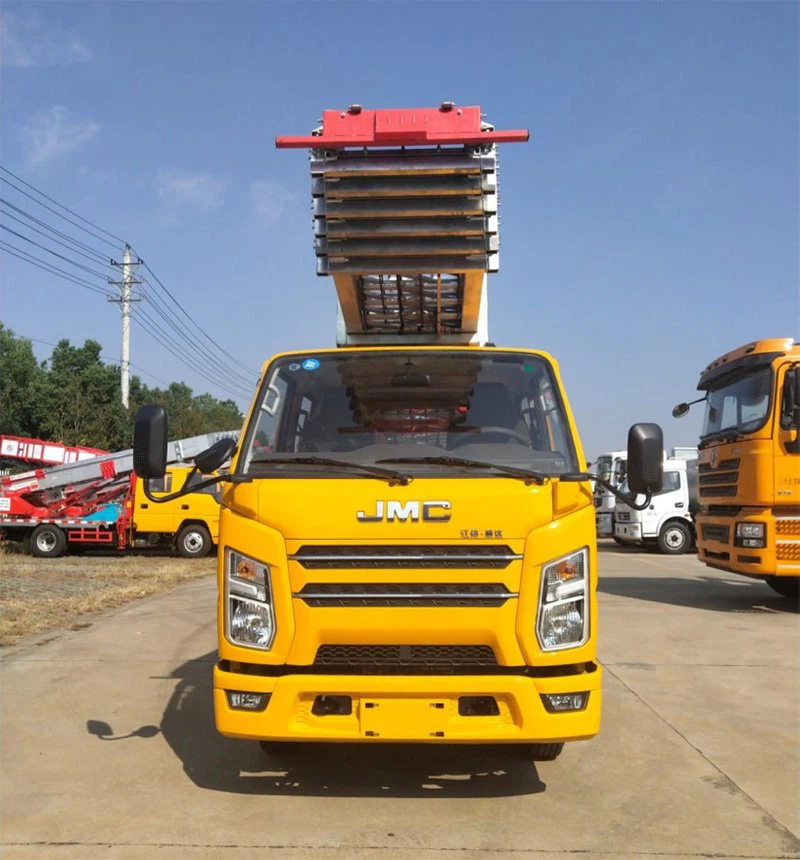
Auction Sites
Government auctions or online marketplaces can yield great deals, but it’s vital to inspect the truck thoroughly before bidding.
Classified Ads
Local classified ads may have options from private sellers. Ensure to vet the seller and check truck history.
Rental Companies
Some rental companies sell their older models after a certain number of rentals, often at competitive prices.
Financing and Insurance Options
Types of Financing
Here are some common options when financing a used sanitation truck:
- Bank Loans: Traditional financing may offer lower interest rates.
- In-House Financing: Some dealerships provide their own financing options for used trucks.
- Leasing: This allows for lower upfront costs, but payments may increase overall costs in the long run.
Insurance Considerations
When insuring used sanitation trucks, consider:
- Commercial vehicle insurance often costs less than personal vehicle insurance for used trucks.
- Ensure adequate coverage for the truck, including liability, collision, and comprehensive options.
Maintenance Tips for Used Sanitation Trucks
Regular Inspections
Conduct regular inspections to detect any potential issues before they become severe.
Thorough Cleaning
Regular cleaning of both the truck and its waste collection systems can prevent clogs and corrosion.
Engine Care
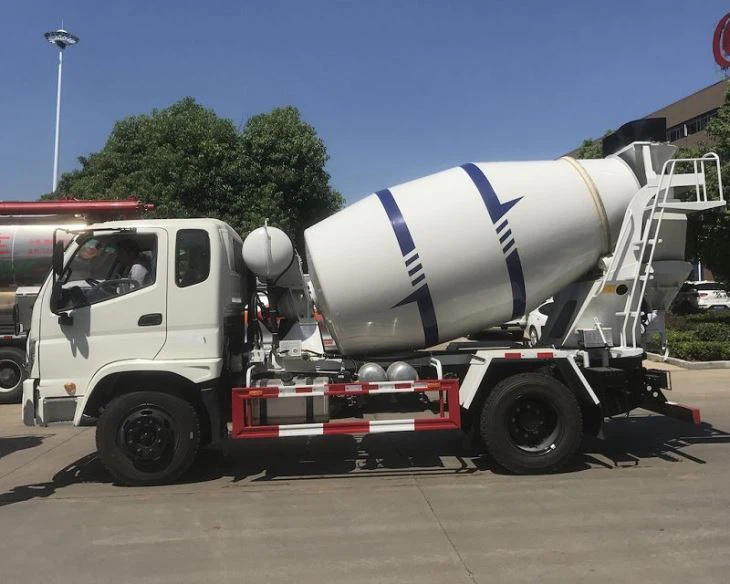
Adhere to the manufacturer’s guidelines for oil changes, air filter replacements, and other engine maintenance tasks.
Parts Replacement
Replace worn-out parts promptly to maintain the truck’s operational efficiency.
Driver Training
Ensure that drivers are well-trained on the specific operation and maintenance of sanitation trucks to prolong their lifespan.
Practical Examples of Used Sanitation Truck Applications
Municipal Waste Collection
Many municipalities purchase used sanitation trucks to ensure regular waste collection without overextending budgets. For example, a medium-sized city chose to buy a fleet of 5-year-old rear loaders to replace an aging fleet, saving 30% compared to new models.
Construction Site Cleanup
Construction companies often invest in used roll-off trucks to handle debris collection. They saved costs significantly by opting for lightly used trucks instead of new, high-capacity models.
Commercial Waste Management
Businesses with regular waste needs, like restaurants or supermarkets, benefit from investing in used front loaders. One grocery chain found that purchasing used models reduced their operational costs by 20% over three years compared to renting.
Case Study: Successful Use of Used Sanitation Trucks
City of Springfield
The city of Springfield faced budget constraints that made it difficult to maintain their waste management fleet. By purchasing used sanitation trucks from various dealerships, they managed to modernize their fleet with just a fraction of the cost. Over two years, they observed:
| Metric | Before | After | Improvement |
|---|---|---|---|
| Annual Maintenance Costs | $150,000 | $90,000 | 40% decrease |
| Waste Collection Efficiency | 70% | 85% | 15% increase |
FAQs About Used Sanitation Trucks
What should I look for when inspecting a used sanitation truck?
Look for rust, wear on tire treads, leakages, and the condition of the waste collection mechanisms. Also consider reviewing the truck’s maintenance history.
How can I finance a used sanitation truck?
You can finance a used sanitation truck through traditional bank loans, dealership financing, or by leasing options depending on your financial strategy.
Are used sanitation trucks reliable?
Used sanitation trucks can be reliable if well maintained. Evaluate maintenance records and overall condition before making a purchase.
What types of used sanitation trucks are best for residential areas?
Rear loader trucks are often the best fit for residential waste collection, as they are designed to easily navigate small streets and can efficiently handle household waste.
How often should I maintain a sanitation truck?
Regular maintenance should be done according to the manufacturer’s recommendations, typically every 6 months to a year, depending on usage.

Is it better to buy new or used sanitation trucks for my municipality?
Buying used sanitation trucks is often more cost-effective for municipalities, especially considering budget constraints and the immediate need for operational efficiency.
